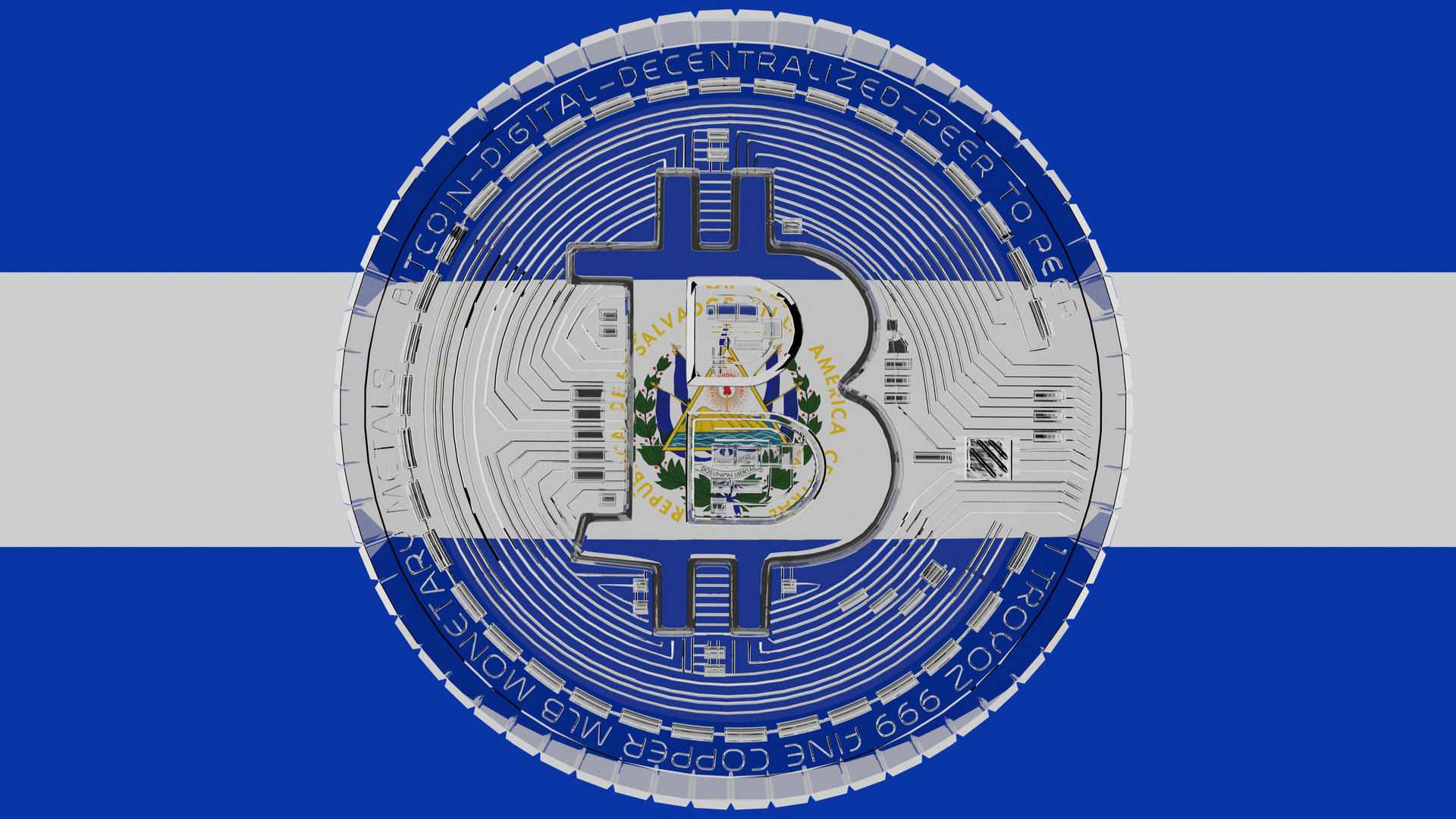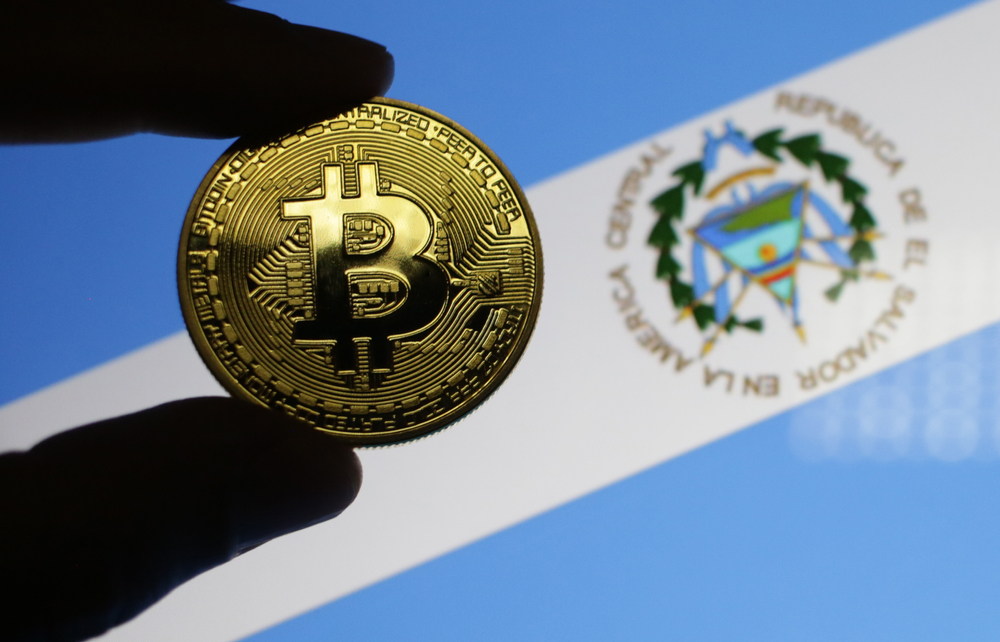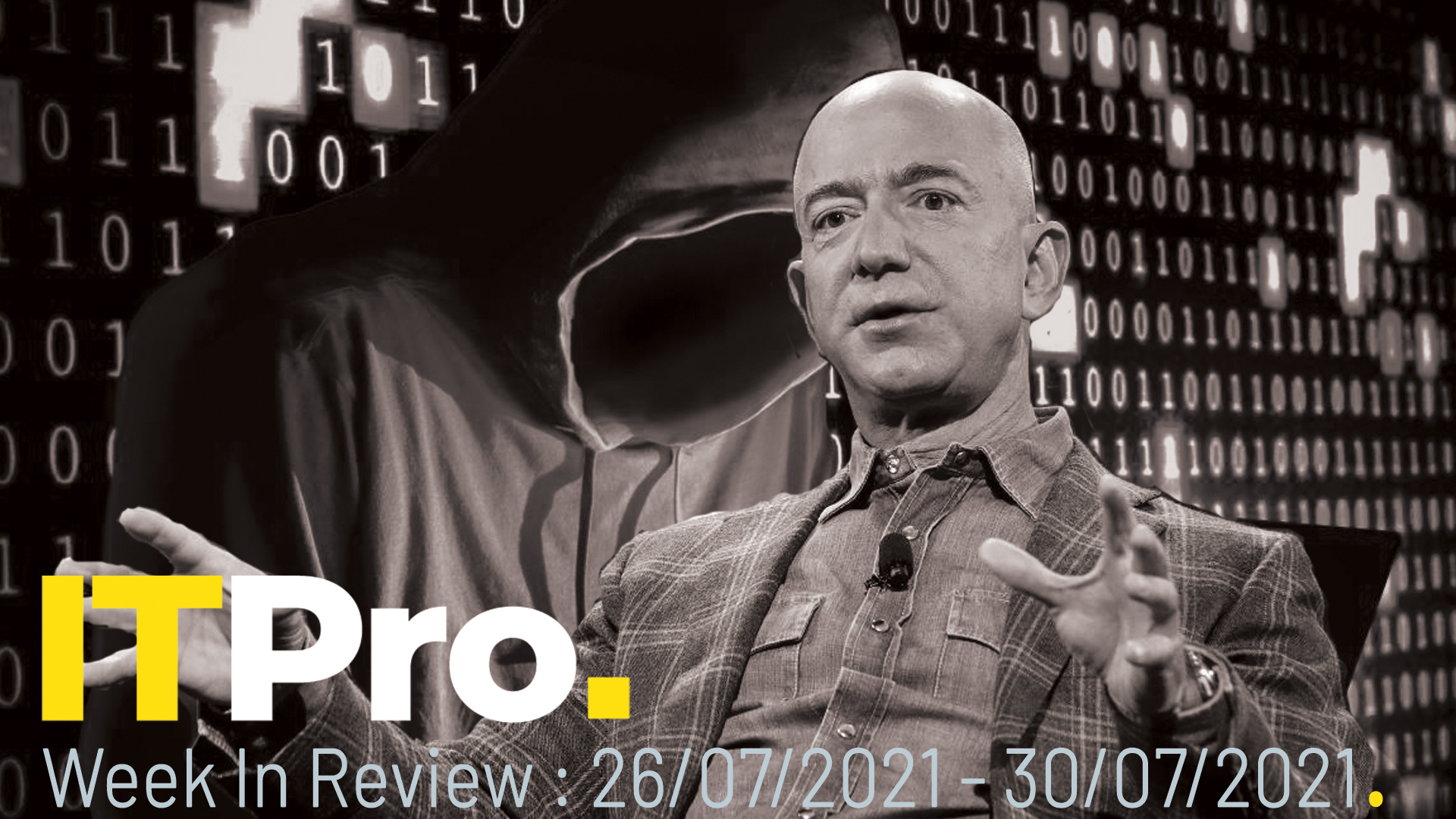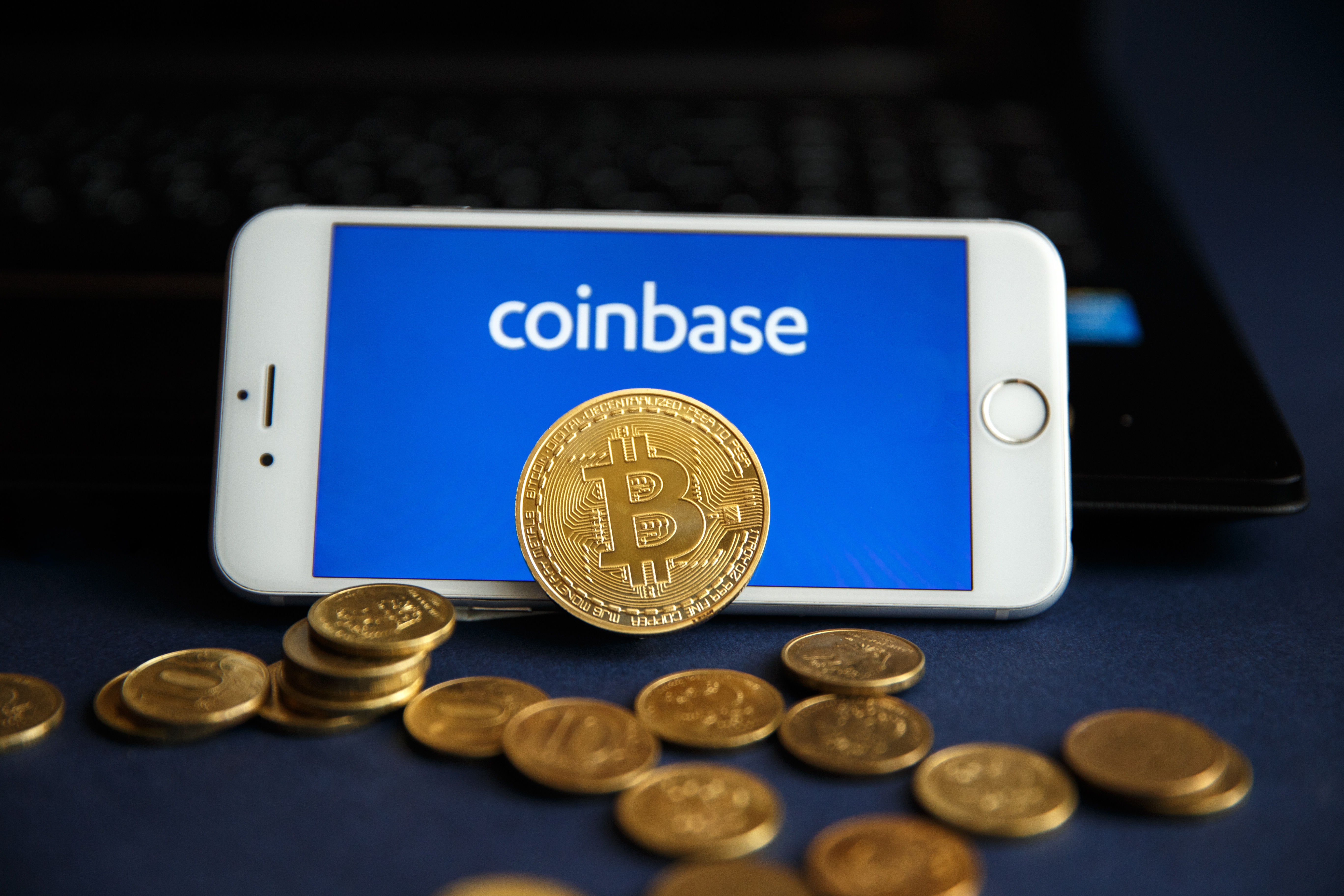El Salvador offers its citizens free Bitcoin
Bukele doubles down on crypto commitment with a giveaway


El Salvador has doubled down on its plans to support Bitcoin by offering $30 of the digital asset to any adult citizen downloading and registering with the country’s official cryptocurrency app. At the time of writing, $30 was is 0.00093 bitcoin.
The country announced plans to recognize Bitcoin as legal tender earlier this month, passing a 'Bitcoin law' that officially eliminated capital gains taxes on the digital asset and enabled citizens to use it for tax payments.
President Nayib Bukele made the announcement on television late last night as part of an hour-long talk explaining the country's support of Bitcoin to citizens. It will provide the app, called Chivo, on iOS and Android.
"The government is going to give this bonus for two reasons: one, to promote the use of Bitcoin in the economy, and second, so that people have an incentive to use the application and download it," Bukele said.
"What we are trying to do with the Bitcoin law is to connect our country with the rest of the world, attract foreign exchange, investment, and tourism, and boost our economy," Bukele continued.
He hopes to bring more money into the country via Bitcoin, using it as an economic multiplier to funnel tourist funds into the national economy. The app attempts to kickstart the process by creating a critical mass of users who can accept Bitcoin.
Bitcoin has become more of a speculative asset these days as massive swings in value make it difficult to rely on it as a form of exchange. It fell from $35,884 last night to $31,600 this morning.
Get the ITPro daily newsletter
Sign up today and you will receive a free copy of our Future Focus 2025 report - the leading guidance on AI, cybersecurity and other IT challenges as per 700+ senior executives
However, the president hopes that the app's dual-currency functionality will protect users who don't want exposure to that risk.
He explained the app's functionality at length, dwelling extensively on its ability to make and receive payments in US dollars — the standard currency in El Salvador — or Bitcoins. A person might make a payment in Bitcoins using the app, but the recipient can receive the money in dollars.
RELATED RESOURCE

How to maximise the value of your data and apps with IaaS
Free yourself from infrastructure complexity
Article seven of the Bitcoin law forces everyone to accept Bitcoins as payment, but he argued that articles eight and 12 constrain that mandate. Article eight says the state must provide instant conversion from Bitcoins to dollars. Article 12 says those without the technology to accept Bitcoins are excluded from the mandate.
By offering that conversion, the government appears to be setting itself up as a de facto Bitcoin exchange. The big question is if its dollar conversion service protects citizens from Bitcoin’s volatility, what is the government doing to protect itself from that risk in the long term?
There are no details yet on how the government plans to distribute the $30 in free Bitcoin.
Danny Bradbury has been a print journalist specialising in technology since 1989 and a freelance writer since 1994. He has written for national publications on both sides of the Atlantic and has won awards for his investigative cybersecurity journalism work and his arts and culture writing.
Danny writes about many different technology issues for audiences ranging from consumers through to software developers and CIOs. He also ghostwrites articles for many C-suite business executives in the technology sector and has worked as a presenter for multiple webinars and podcasts.
-
 Bigger salaries, more burnout: Is the CISO role in crisis?
Bigger salaries, more burnout: Is the CISO role in crisis?In-depth CISOs are more stressed than ever before – but why is this and what can be done?
By Kate O'Flaherty Published
-
 Cheap cyber crime kits can be bought on the dark web for less than $25
Cheap cyber crime kits can be bought on the dark web for less than $25News Research from NordVPN shows phishing kits are now widely available on the dark web and via messaging apps like Telegram, and are often selling for less than $25.
By Emma Woollacott Published
-
 IMF urges El Salvador to remove Bitcoin as legal tender
IMF urges El Salvador to remove Bitcoin as legal tenderNews The country sought a $1.3 billion loan from the IMF last year, although this has been reportedly hindered by the fund’s Bitcoin concerns
By Zach Marzouk Published
-
 Cryptocurrency: Should you invest?
Cryptocurrency: Should you invest?In-depth Cryptocurrencies aren’t going away – but big questions remain over their longevity, the amount of energy they consume and the morals of investing
By James O'Malley Published
-
 IT Pro News in Review: Record profits in tech, hackers turn to new languages for malware, Amazon's Bitcoin plans
IT Pro News in Review: Record profits in tech, hackers turn to new languages for malware, Amazon's Bitcoin plansVideo Catch up on the most important news of the week in just two minutes
By ITPro Published
-
 Square and Blockstream to build a solar Bitcoin mining facility
Square and Blockstream to build a solar Bitcoin mining facilityNews Solar mining plant will aim to temper concerns of power consumption from Bitcoin mining
By Danny Bradbury Published
-
 What are altcoins and how do they work?
What are altcoins and how do they work?In-depth The alternatives to Bitcoin explained
By Rene Millman Published
-
 Steve Wozniak sues YouTube over Bitcoin scam videos
Steve Wozniak sues YouTube over Bitcoin scam videosNews Lawsuit claims YouTube is aware of the Bitcoin giveaway scams but hasn’t taken videos down
By Sarah Brennan Published
-
 Bitcoin scam exposes the personal details of 250,000 people
Bitcoin scam exposes the personal details of 250,000 peopleNews The UK and Australia represent approximately 93% of users hit by the crypto-scam
By Tyler Omoth Published
-
 Coinbase will continue as a remote-first company after the pandemic
Coinbase will continue as a remote-first company after the pandemicNews Coinbase becomes the latest tech company to make a permanent shift to remote work
By Sarah Brennan Published